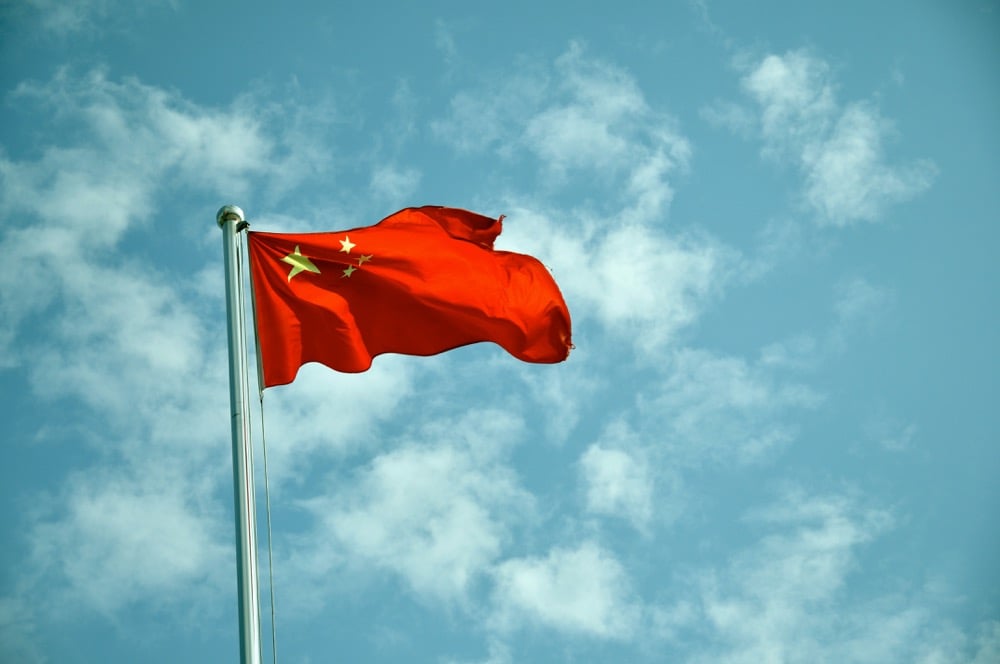New Chinese tariffs “devastating” to Canadian ag sector

Glacier FarmMedia — A new trade war front opened over the weekend as China announced stiff tariffs on Canadian canola oil, meal, peas, pork and other commodities late Friday. Canadian industry groups decried the move and are calling on the federal government to intervene.
China will apply a 100 per cent tariff to Canadian canola oil, meal and pea imports, and a 25 per cent duty on Canadian aquatic products and pork starting March 20, China’s Ministry of Commerce said in a statement.
Read Also


China hits back at Canada with fresh agriculture tariffs
China announced tariffs on over $2.6 billion worth of Canadian agricultural and food products on Saturday, retaliating against levies Ottawa introduced in October and opening a new front in a trade war largely driven by U.S. President Donald Trump’s tariff threats.
The Chinese move was in response to Canada’s 100 per cent tariff on Chinese EVs and 25 per cent levy on its aluminium and steel products that China says, “seriously violate World Trade Organization rules, constitute a typical act of protectionism and are discriminatory measures that severely harm China’s legitimate rights and interests.”
CANOLA HIT HARD
“New tariffs from China on Canadian canola oil and meal will have a devastating impact on canola farmers and the broader value chain at a time of increased trade and geopolitical uncertainty,” said Chris Davison, Canola Council of Canada (CCC) president and CEO in a statement. “We urge the federal government to immediately engage with China, with a view to resolving this issue.”
In 2024, total exports of Canadian canola seed and products to China were valued at almost $5 billion and included two million tonnes of canola meal, valued at $918 million and tonnes of canola oil, valued at $20.6 million. The tariff rates announced by the State Council Tariff Commission will be prohibitive to the export of Canadian canola oil and meal to China.
“With this announcement Canadian canola farmers are facing an unprecedented situation of trade uncertainty from our two largest export markets only weeks before planting begins,” said Rick White, president and CEO of the Canadian Canola Growers Association. “The impact of the federal government’s trade policy decisions is now playing out at the farmgate, making it imperative that government respond with a plan for financial compensation commensurate with the losses incurred.”
The nearby May canola futures contract on the ICE platform was down its daily $40 per tonne limit in immediate response to the Chinese tariff news on Monday morning, March 10.
CHINA LARGE MARKET FOR CANADIAN PEAS
China is also one of Canada’s largest markets for yellow peas, importing about half a million tonnes of the legume valued at $306 million in 2024, said Pulse Canada. “The Canadian industry values this long-standing and mutually beneficial partnership. We know Chinese customers prefer Canadian peas and want to continue to deal with Canadian suppliers,” said Terry Youzwa, chair of Pulse Canada.
“We believe that the tariffs announced (March 7) on Canadian peas, canola, pork and seafood represent an invitation to negotiate, not a retaliation nor the start of the trade war,” said Greg Cherewyk, president of Pulse Canada in a statement. “Pulse Canada calls on the Canadian Government to immediately engage with China to bring about a swift resolution to these matters. It’s in the best interest of both nations to recognize the positive contributions of agriculture and food to our economic wellbeing.”
Pulse Canada is working with government and industry partners in Canada and China to encourage an urgent meeting of officials and ultimately a successful resolution of issues before there’s an impact on pulse trade.
WHEAT GROWERS WEIGH IN
The Wheat Growers of Canada expressed “outrage” over the Chinese tariffs and blamed the trade sanctions on the federal Liberal government while calling for immediate action.
“Instead of standing up for Canadian agriculture and securing stable trade relationships, this government has been asleep at the wheel, too distracted with political games and virtue signaling to notice the economic disaster unfolding before them,” said the Wheat Growers in a news release, adding “farmers and business owners warned the government that its approach to China, including ill-conceived tariffs on electric vehicles and metals, would provoke retaliation.”
The Wheat Growers released a list of demands to the federal government: including calls for financial compensation commensurate with the losses incurred; an end to interprovincial trade barriers so Canadian producers can operate freely and competitively within their own country; investment in critical infrastructure to ensure agricultural exports move efficiently to global markets; leverage trade agreements that diversify Canada’s markets and build credibility with global partners; and
regulatory reform to attract investment, build confidence and ensure a predictable, science-based trade policy.
“This crisis is entirely self-inflicted,” said Gunter Jochum, president of the Wheat Growers. “The Liberal government has made Canada an unreliable trading partner, allowed our international reputation to erode, and now, they’ve put farmers in the crosshairs of a global trade war. While other nations secure new trade deals and expand market access, Canada is losing ground, losing allies and losing business.”
With files from Reuters
Source: Farmtario.com

